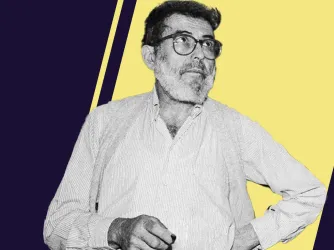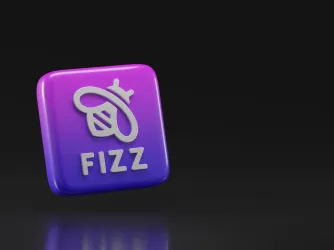Table of Contents
The Month's Survey of Legal Scholarship on Academic Issues
The past month has seen a number of articles regarding academic rights published in law reviews and law journals across the country.
- Two articles were published relating to the application of the Supreme Court's 2006 decision in Garcetti v. Ceballos, 547 U.S. 410 (2006), in the public school teacher context. FIRE has had ongoing concerns with the impact of Garcetti on academia. Paul Forster contends that public school teachers' First Amendment rights should be applied through a Garcetti-esque distinction between a teacher's speech in furtherance of her official duties and speech that goes beyond such duties. Paul Forster, Teaching in a Democracy: Why the Garcetti Rule Should Apply to Teaching in Public Schools, 46 GONZ. L. REV. 687 (2011). In the second article, James Conrad Lester predicts that Justice Sonia Sotomayor will support a Garcetti-type restriction on the speech of K-12 schoolteachers. James Conrad Lester, Note: Inculcation into Indoctrination Predicting Justice Sotomayor's Impact on Teachers' Speech in the Public School Classroom, 62 ALA. L. REV. 663 (2011).
- Scott Moss puts a human face on some of the landmark free speech student plaintiffs in his article. Moss reviews several cases and notes that for free speech plaintiffs, making one's way up to the Supreme Court, and even winning, rarely translates into practical success. This is a fun read for lawyers and non-lawyers alike. Scott A. Moss, The Overhyped Path from Tinker to Morse: How Student Speech Cases Show the Limits of Supreme Court Decisions---for the Law and for Litigants, 63 FLA. L. REV. 1407.
- The BYU Education and Law Journal recently published its symposium issue, 11 B.Y.U. EDUC. & L.J. 1 et seq. (2011), from its October 2010 program, "Symposium on The Impact of Same-Sex Marriage on Education: Implications for Schools, Curriculum, Students, Their Families, and Educational Communities." The issue includes a number of timely and relevant pieces regarding the rights of religious organizations and parents in relation to same-sex marriage in school curricula and employment practices. While FIRE of course does not take a position on sexual education or same-sex marriage, the First Amendment concerns carry over into many other contexts. Most interesting is Kevin Rogers & Richard Fossey, Symposium Section: Same-Sex Marriage and the Public School Curriculum: Can Parents Opt Their Children Out of Curricular Discussions about Sexual Orientation and Same-Sex Marriage?, 2011 BYU EDUC. & L. J. 423 (2011). This article does two important things. First, it provides a doctrinal exposition of the constitutional rights of parents over their children's exposure to ideas in public school curricula. Second, the article surveys the administrative and statutory curriculum opt-out provisions on a state-by-state basis. For example, Illinois provides parents the ability to opt their children out of sexual education courses, HIV awareness courses, health education, and animal dissection. Trying to make sense of the rights of parents over the ideas their children are exposed to is an important goal, not just in the same-sex relationship context, and this article provides many clear examples.
- A very interesting article by Lewis Wasserman highlights the unsettled nature of the rights of students against public school corporal punishment, and argues that students' Fourth Amendment expectation of privacy is the best legal framework to apply. Lewis M. Wasserman, Students' Freedom from Excessive Force by Public School Officials: A Fourth or Fourteenth Amendment Right?, 21 KAN. J.L. & PUB. POL'Y 35 (2011). While corporal punishment is not a major issue in most schools today, the reliance of courts on the reasonable expectation of student privacy in this area certainly would have expansive consequences in other due process areas, such as regulation of student speech in dormitories or online.
Recent Articles
Get the latest free speech news and analysis from FIRE.

Remembering 'free-thinking' writer Nat Hentoff
Podcast
On January 7, 2017, The Associated Press announced that
"Free-thinking author and columnist Nat Hentoff is dead at 91."

The trouble with banning Fizz
On college campuses across the country, students and administrators are debating bans on Fizz, a mobile app that lets users within a particular community communicate anonymously.

FIRE's 2025 impact in court, on campus, and in our culture
We are proud to serve as the nation's premier free speech watchdog. Here's what we accomplished this year.

VICTORY: Court vindicates professor investigated for parodying university’s ‘land acknowledgment’ on syllabus
Ninth Circuit rules UW violated the First Amendment by punishing a professor for putting a satirical land acknowledgment on his syllabus.